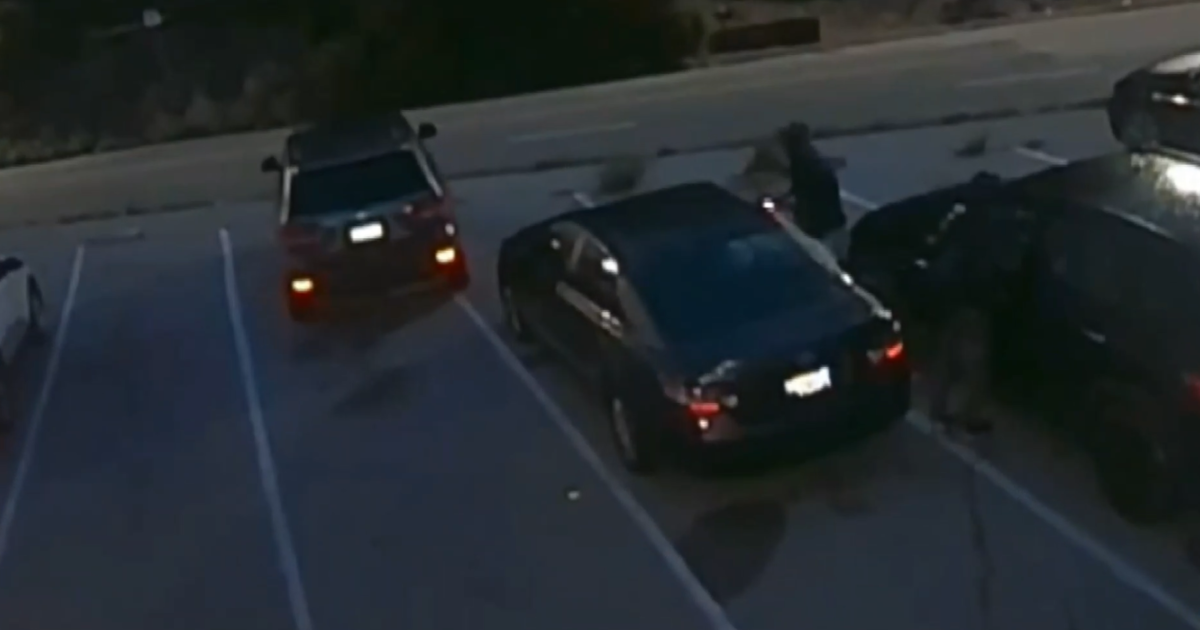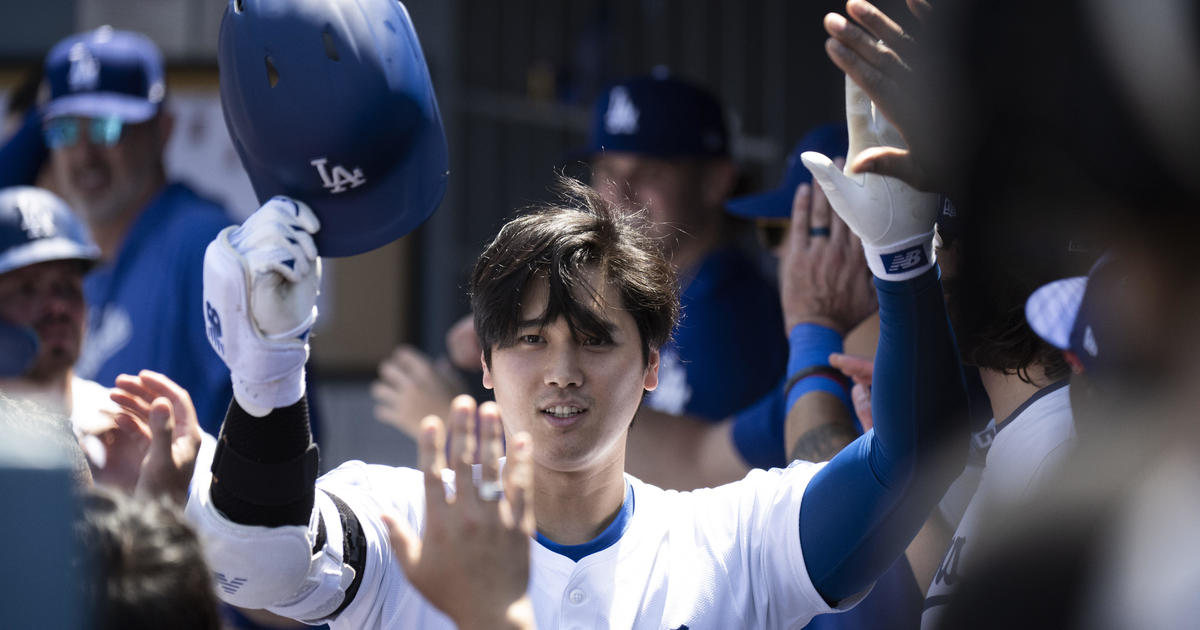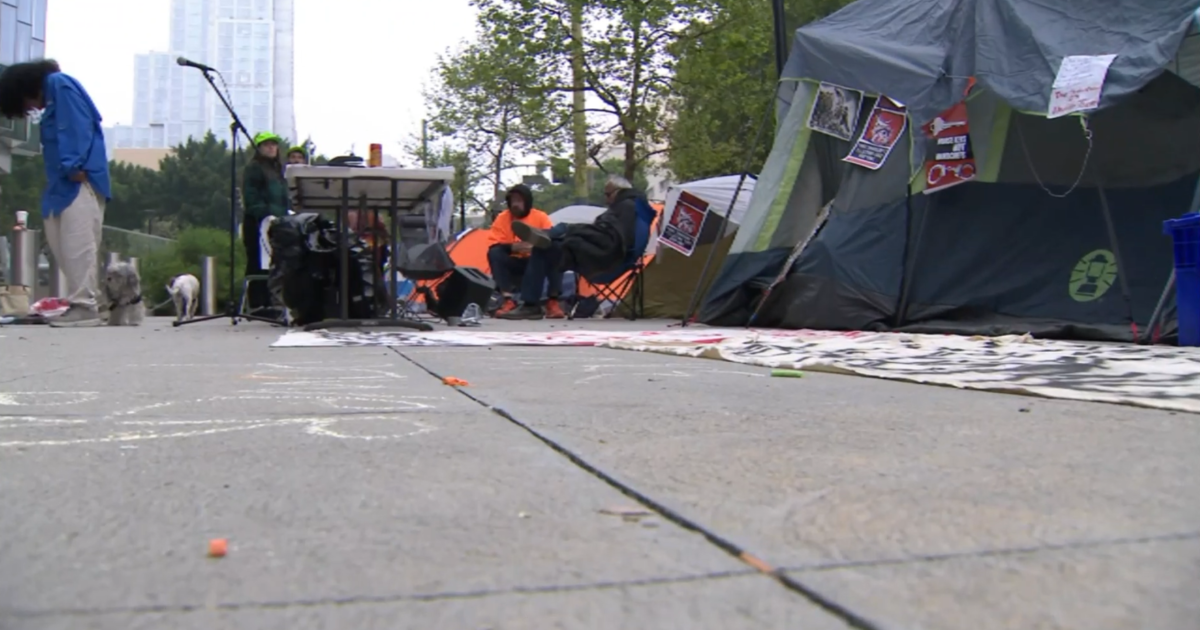New Music To Know: Benjamin Gibbard's 'Former Lives'
In several interviews to promote his new album, Former Lives, Death Cab for Cutie frontman Ben Gibbard describes it as a collection of odds and ends -- the leftover songs that didn't quite fit anywhere else. Despite the nature of the project, one trope seems to pop up over and over that he wants you to know is not accurate: the idea of Ben Gibbard, Really Sad Dude.
It's not only journalists searching for a narrative who are in on the act. Gibbard took to Twitter on Thursday, October 18 for a Q&A session with fans. In between the calls for him and his band to play their city/county of choice and good-natured jabs from @JADEDPUNKHULK, the most prominent type of questions were those asking Gibbard to explain his inspirations and tell the stories behind his songs. People seem to be genuinely curious as to what is happening in the mind of Benjamin Gibbard, possibly because it strikes them as being frighteningly close their own life experiences.
A lot of people speculate, but what's your saddest song, in your opinion? #askben @twittermusic @gibbstack
— Lauren Miller (@lorengejuice) October 18, 2012
@gibbstack just bought your album...WHO IS LILY #askben
— Bobby Kane (@ironchefbobflay) October 18, 2012
@gibbstack I reeeaaalllyyy love "I'm Building A Fire". What/who inspired you to write that song? #AskBen
— Kayla (@BenGibbstack) October 18, 2012
@gibbstack I like to listen to your music when I'm sad, what's the hardest thing you've had to overcome / how does songwriting help? #AskBen
— Graham Harbison (@pwndscum) October 18, 2012
But Gibbard is okay with the "little dance," as he characterizes it, that comes along with talking about the music of Benjamin Gibbard.
"I have to make sure it's stated very clearly," Gibbard said in an interview with CBS Local. "I feel so lucky and so fortunate that some people feel that way about the music that I've been involved in making. It's not lost on me. And I think that because I tend to write in first person people are always making the assumption that I'm telling you intimate details about my life. And sometimes I am but more times than not I'm amalgamating truth and fiction, like any writer does, and trying to create a world within this particular song or particular record that does what I want it to do."
When considering his whole body of work, Gibbard's songwriting topics do steer largely toward the morose for a not especially sad guy. He habitually touches on heartbreak, romantic dissatisfaction and alienation in relationships using descriptions and characters that seem to speak intimately to a generation of people who feel hapless at love.
But there is something about the way people treat Gibbard's songs, as a reflection of themselves or as an amplification of who they think the singer/songwriter really is, that is akin to the way a generation before related to Robert Smith of the Cure. The repeated touchstone of unhappiness becomes a part of their personas whether it's accurate or not.
"I've always been a fan of melancholic music," Gibbard admits. "I think it was Dostoevsky who said something along the lines of, 'No one wants to hear about another man's happiness.' In writing about melancholy, in writing about sadness, not only has it allowed me as a writer to process those emotions, [to] deal with them and then walk away from them but that I think when people listen to some of these records they've had the same feelings. And they feel less alone in how they feel…because they feel that somebody is expressing it in a way that is relatable to them."
It's a particular problem, also plaguing bands like Weezer and Coldplay. They, along with Death Cab for Cutie, are all fronted by songwriters who favor very emotional topics and have fan bases who are keen to ferret out the stories behind every song. They document relationships in triumph and misery, managing to capture moments we've all lived. But in a culture permitted by gossip and with the tools to spread it endlessly and quickly over the Internet, the expectation that the audience will be let in on all the gory details, or trade them like a commodity, feels inescapable. Gibbard's high-profile romantic life with and recent separation from actress Zooey Deschanel hasn't help dampen the fervor for information.
"There have been enough moments in talking about this record that it's clear that people are bringing their own narrative to this record," Gibbard remarks. "As they did the [Death Cab for Cutie] record before it and as they will the record after this and every record after that. It doesn't bother me. It's not like I get angry with people about it. It's just kind of amusing to be, now for the first time in my life, on the other side of it. I find myself disassociating a bit and almost trying to look back in on it as it's happening, in real time, and I'm talking to somebody and they're making assumptions that are wildly off base."
For those fans who are genuinely interested in his inspiration, Gibbard has been outspoken about one source: the love letters of F. Scott and Zelda Fitzgerald. The singer says he picked up Dear Scott, Dearest Zelda, a collection of love letters spanning the lifelong relationship between the mentally unstable southern belle and the alcoholic Great American Writer. His song, "Bigger Than Love," in a duet with Aimee Mann, takes their lives and turns it into an uptempo song with dark lyrics, hitting the highlights of their lives together.
While Scott is an obvious influence on most American writers, Gibbard is quick to extoll the virtues of Zelda's writing also. As he should; the two share an esoteric, romantic point of view and aren't that different stylistically. But in discussing it, Gibbard takes an interesting left turn to speak up for the talented women at the sides of notable men.
"It happens slightly less now, but it still happens, that women who are very talented who have stood alongside men who are also very talented -- they fall off. They become accessories. They are not viewed on the level they should be viewed because of the person they're with. That happened with Zelda, it certainly happened with Yoko Ono. It's something that is unfortunately and I would hope that people would start to recognize that Zelda was a great artist."
Perhaps it is no surprise that Gibbard would identify with artists like Yoko Ono and Zelda Fitzgerald, whose personalities have been misunderstood by the public. Whose work has been engulfed by a public perception that undermines their talent as writers, storytellers and artists in favor of a narrative with which they wouldn't identify themselves.
Gibbard's next project will be crafting new songs for a forthcoming Death Cab for Cutie record. He welcomes all comers who'd like to try their hands at interpreting the subject matter, but is unlikely to confirm any of their suspicions. Former Lives is available now.
-Courtney E. Smith, CBS Local



